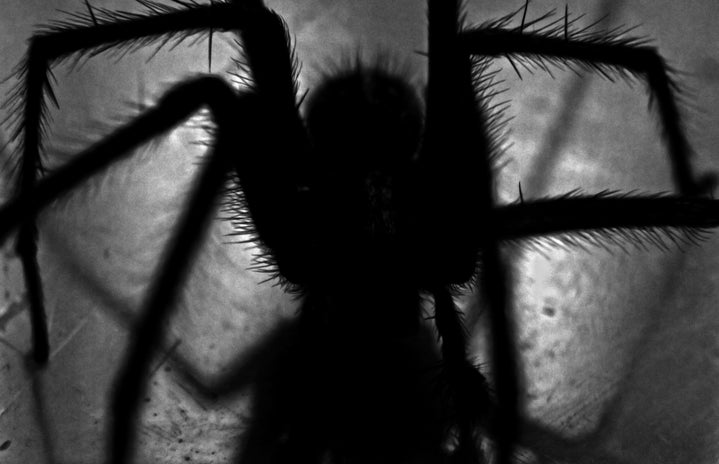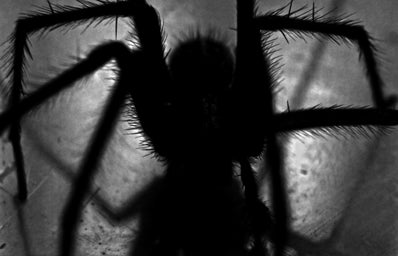I used to think witches were only relevant during Halloween. That changed when I came to Mount Holyoke and discovered that for some, witches can be a fun expression of queer identity. During my first year, when my friends and I were figuring out what to wear for a party, one of them commented that her goal was to make sure her outfit gave off the right amount of “witchy vibes.” It was not Halloween. That’s when I learned that, as my friend so matter-of-factly put it, “the gays are obsessed with witches.” Here are some of the reasons behind why the idea of witches speaks to the queer experience.
1. In Medieval Europe, marginalized women were targeted as witches, and the term “witch” became synonymous with “outsider.” Due to this rejection by society, accused witches were forced to become self-reliant, yet they remained resilient in spite of it.
2. Typically, in folkloric tales, witches enter into a coven or are part of a sisterhood with other witches. This is a trope that has been adopted by popular culture, most notably in television series like Charmed and American Horror Story: Coven. Covens cultivate a spirit of openness between the women who are part of them, though are rarely ever sexualized.
3. Oftentimes witches must hide their true selves by physically disguising themselves in order to effectively navigate the human world. From Ursula of The Little Mermaid to Miss Ernst of The Witches by Roald Dahl, witches of all kinds are known to adapt disguises when the situation calls for it.
4. Traditional forms of witchcraft like tarot are known to help bring clarity and a deeper understanding of self. Tarot is a practice that can be used as a way to further explore identity, but many people do readings just for fun.
5. During second wave feminism (the period of feminist revival in 1960s America), the image of the witch was used to embody feminine power and sexual agency. Due to the female-centric representation of witchcraft and witches throughout history, feminists at the beginning of the second wave popularized the idea that witches represented subversion of patriarchal heteronormativity.
6. Wicked is a really good musical. It also features one of the most iconic witches of all time, Elphaba the Wicked Witch of the West. Elphaba’s story is centered on the realization that being born into circumstances beyond her control didn’t mean she was the bad person everyone made her out to be. Although Elphaba is a fictional character, many are drawn to her realness given that she is brave, determined, and strong enough to thrive in tough situations.
The truth is, there’s really no reason you can’t be a witch every day of the year. As my fellow MoHos have taught me, witches are not just for Halloween. Of course, while there are many complex social and cultural associations rooted in witch history, at the end of the day it’s all about celebrating defiance against the norm and embracing an alternative expression of queer identity.
If you would like to write for Her Campus Mount Holyoke, or if you have any questions or comments for us, please email mt-holyoke@hercampus.com.



